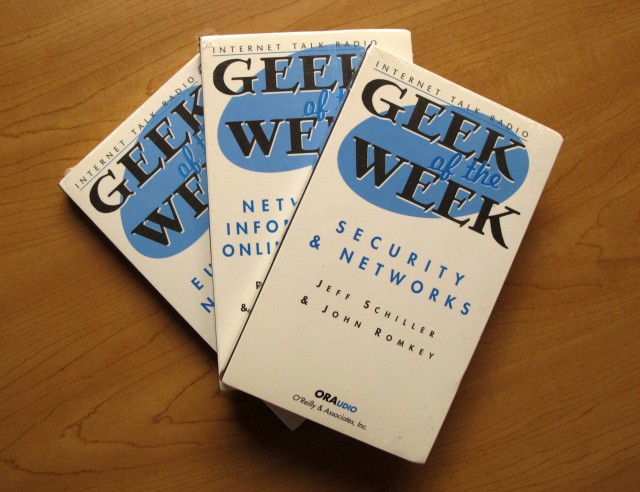Powered by the crowd, EFF attacks infamous “podcasting patent” | Ars Technica

There are lots of patents out there claiming basic Internet functionalities or business practices, but some of them just hit a nerve. That's what happened with the so-called "podcasting patent," a patent on "episodic content" owned by a company called Personal Audio LLC.
That company says that inventor Jim Logan's cassettes-by-mail business, which flopped in 1998, entitles him to a payment from every modern podcaster. Logan also has a patent on organizing playlists that he has used to sue MP3 makers including Samsung, which recently paid an undisclosed amount.
Personal Audio's cash demands against podcasters big and small. The company sued CBS, NBC, Fox, and the HowStuffWorks podcast and threatened others. That led the Electronic Frontier Foundation to denounce the patent earlier this year. If it could raise $30,000, EFF promised to file a petition attacking the patent at the US Patent and Trademark Office.
It blew that target out of the water, raising $76,160. Yesterday, EFF filed the petition.
"Personal Audio is not the true inventor of this technology and should not be demanding a payout from today's podcasters," said EFF lawyer Daniel Nazer. "If you look into the history of podcasting, you won't see anything about Personal Audio."
The EFF petition cites an early Internet radio show by Carl Malamud called "Geek of the Week," as well as online broadcasts by CNN and the Canadian Broadcasting Corporation (CBC), as three examples of "episodic content" that came before Personal Audio's priority date of 1996.
Malamud's "Geek of the Week" Internet radio shows were distributed back in 1993 and written about in The New York Times, The Wall Street Journal, and The Washington Post, EFF notes in its petition. That should put to rest Personal Audio's audacious claim that it “invented what is now commonly called podcasting back in 1996."
Personal Audio also claims the novelty of its invention comes from use of a "compilation file" at a particular URL that is updated when new content is available. But the EFF petition describes how a similar process was used by predecessor online services at CNN and elsewhere.